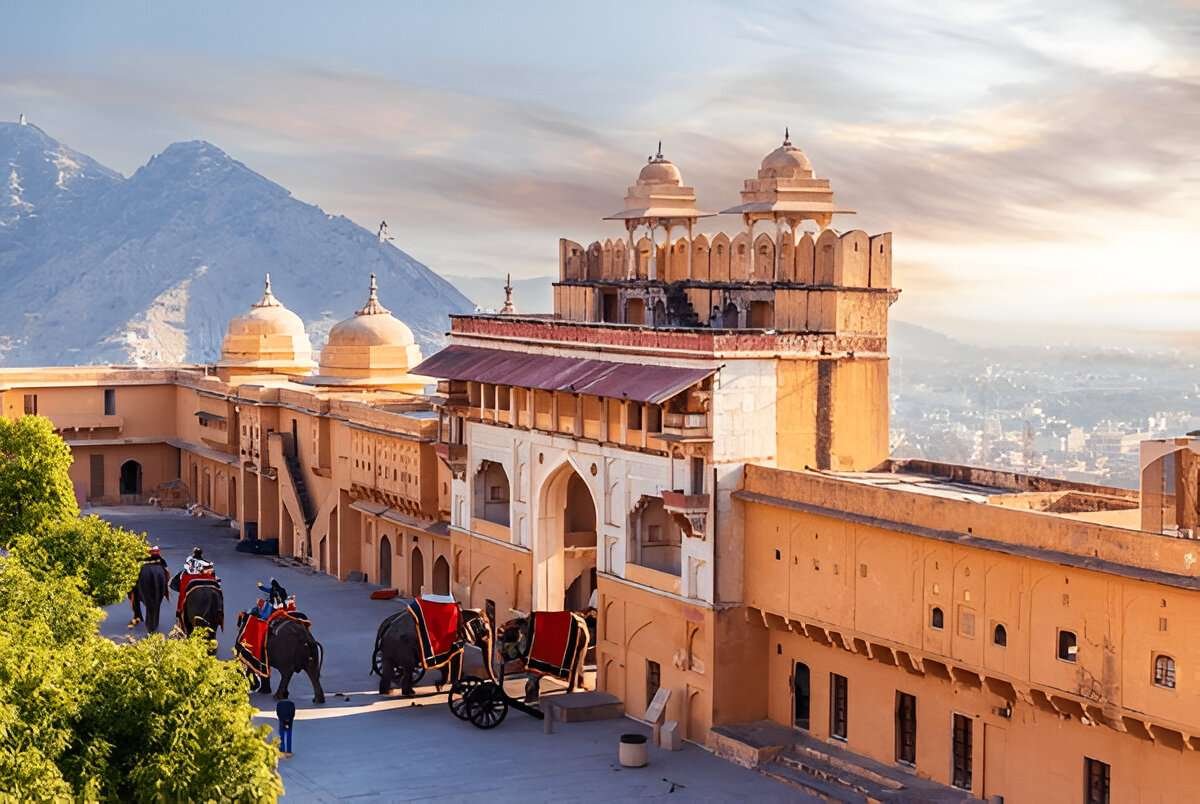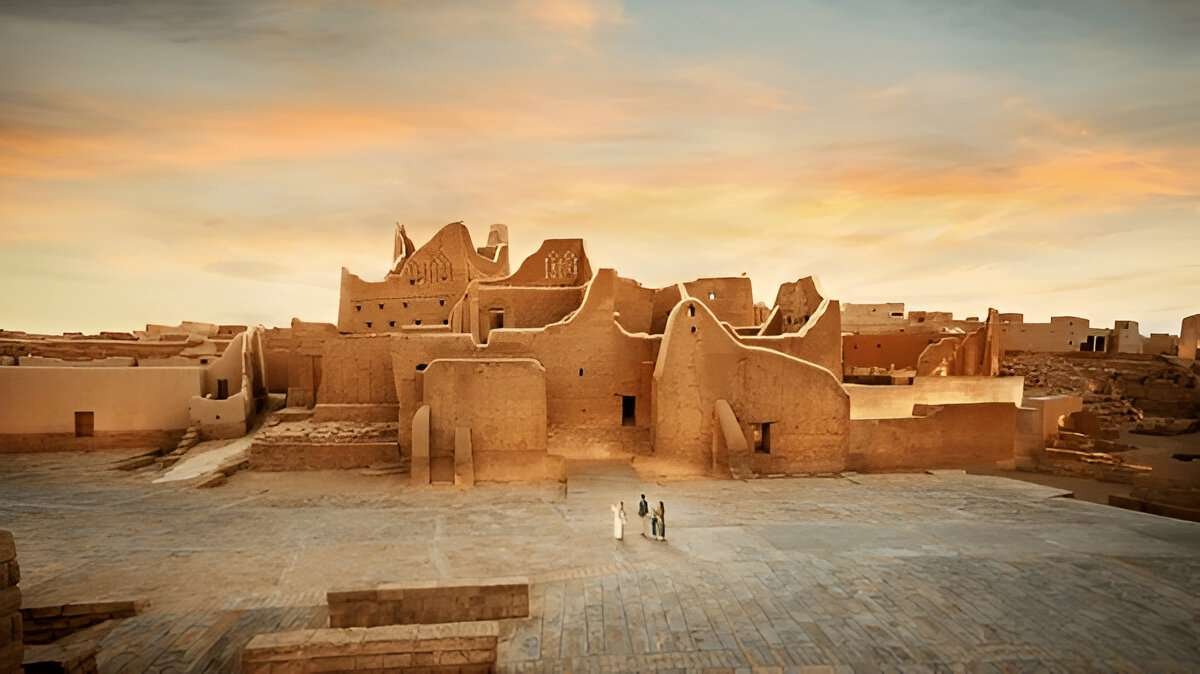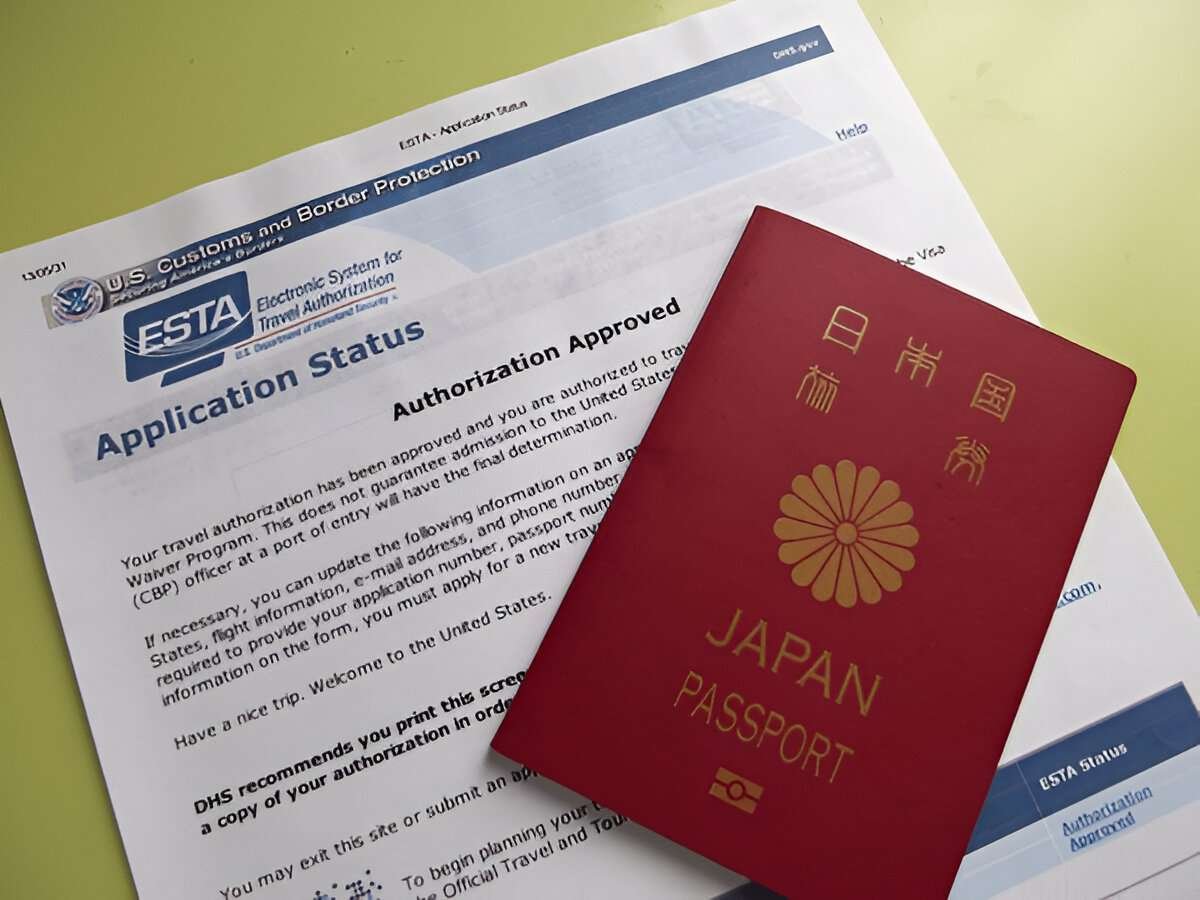Traveling is about seeing the world as it most naturally exists. Too often, though, visitors discover they are eating pricey cuisine, caught in packed attractions, and estranged from the true nature of a destination. Designed to entice guests into more expenditure, tourist traps present a watered-down, commercialized form of local culture. The good news is that you can avoid these traps and find real locations that reflect the core of your visit with some research and a curious attitude.
Research Beyond the Obvious
Most tourists prepare by looking for must-see locations and well-known sites. Although seeing famous sites is not bad, depending on popular travel books will send you right into the most tourist-heavy locations. To uncover hidden treasures, probe further. Search for travel blogs published by residents or long-term visitors offering perspectives outside the usual tourist experience. Great sources of recommendations from people who have personal knowledge of the area are websites such as Reddit, Couchsurfing forums, and Facebook travel groups.
Stay in Local Neighborhoods
Your experience depends much on where you stay. Touristy neighborhoods are full of overpriced restaurants, souvenir stores, and enterprises serving guests instead of locals. Consider lodging in a residential area rather than a hotel in the city center. You will save money and have a more real experience.
Renting an apartment or guesthouse via sites like Airbnb or Booking.com lets you live like a native, shop at nearby markets, and find cafes and restaurants not targeted for visitors. Seeing where residents go for their morning coffee or evening dinner will help you find some of the best secret restaurants in town.
Follow the Locals, Not the Crowds
Seeing where residents dine, shop, and spend their free time will help them avoid tourist traps—a basic but efficient approach. A restaurant is tourist-oriented if it offers menus in 10 different languages and someone outside is attempting to entice you. Rather, search for little family-run restaurants where residents hang out. One decent gauge of authenticity and quality is a packed area full of people.
Getting advice from a native can help guarantee a real experience. Whether it’s a market seller, a taxi driver, or your Airbnb host, most individuals are eager to share their best-hidden locations free from heavy visitor traffic. Unexpected detours and natural dialogues sometimes produce some of the best meals and experiences.
Use Public Transportation and Walk More
Tourist buses and guided tours often follow a set path that leaves little opportunity for improvisation. Though they can be handy, these services hardly offer a real experience. Rather, either walk or use public transit. This lets you see how residents do their everyday business, find fascinating sites, and interact more naturally with others.
Walking on foot results in unexpected finds—small lanes lined with street art, neighborhood bakeries with fresh pastries, or little bookstores with a distinct collection. Many towns now have free or donation-based walking tours run by residents that provide a more real view of their city by discussing lesser-known historical events and personal anecdotes.
Avoid Restaurants with Tourist Menus
One of the most crucial parts of vacation is dining; hence, eating a cheap, expensive meal is unpleasant for visitors. Many restaurants in tourist destinations offer a homogenized form of their native cuisine devoid of authenticity. Rather, look for local eateries. Often at a fraction of the cost, street food vendors, marketplaces, and tiny neighborhood restaurants offer the most savory and real meals.
If you’re unsure where to go, look out for local cuisine blogs or apps like Google Reviews and Maps; pay great attention to resident reviews instead of visitor ones. Attending a cooking session with a local chef is another fantastic approach to savoring real food since you can learn about traditional ingredients and cooking techniques while dining on home-cooked food.
Explore Alternative Attractions
Though well-known sites are worth seeing, a destination is defined by more than just its monuments. Many cities and areas contain hidden treasures, providing a more intense, rich experience. See a little, independent gallery rather than the busiest institution. Look for a less-known hill or rooftop bar with a comparable (or better) view instead of waiting hours to see a popular viewpoint.
Deeper connections to a place can often come from nature locations, local celebrations, and historical districts rather than from tourist-packed sites. Research local festivals, concerts, and cultural activities during your trip; they are usually unforgettable experiences.
Learn Basic Local Phrases
Learning a few simple phrases will help you break down barriers and establish more meaningful relationships even if you do not speak the local tongue very effectively. Real interactions start with greeting someone in their language, ordering food from a neighborhood market, or politely requesting directions. When residents see you trying to fit their culture, they are typically more eager to provide insider knowledge and recommendations.
Before and throughout your journey, apps including Duolingo, Google Translate, and language phrasebooks will enable you to pick up handy terms and idioms. No matter how little effort you put into it, your experience of a place could be greatly changed by it.
Be Open to Spontaneity
Let go of strict planning and embrace spontaneity to avoid tourist traps and find real sites. Unexpected meetings and unplanned activities are among the most unforgettable travel experiences. Talk to people you encounter along the route, accept invitations to neighborhood events, and be ready to modify your plans based on their advice.
Spend time absorbing the environment, experiencing daily life, and curiously exploring instead of hurrying through a list of sites. Travel is about experience, connection, and comprehension of many ways of life not only about sight. Your trip will be richer the more you stray from the route.
Final Thoughts
Avoiding tourist traps balances your experience with real encounters and hidden treasures rather than depriving yourself of well-known sites or attractions. Stay interested, explore nearby communities, and ask locals for guidance to find a side of your location most visitors never come across. Travel should be about significant events; the greatest approach is to go beyond the obvious and engage yourself in the core of a destination.










